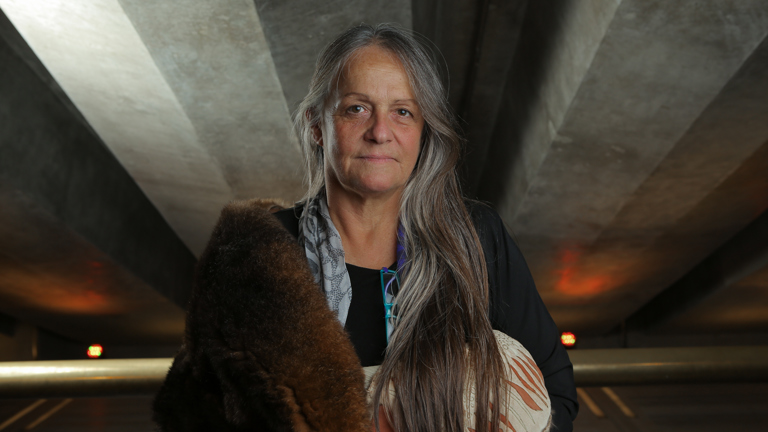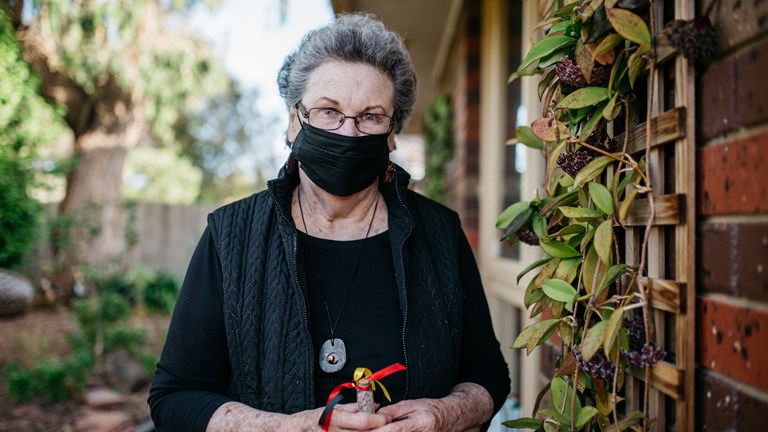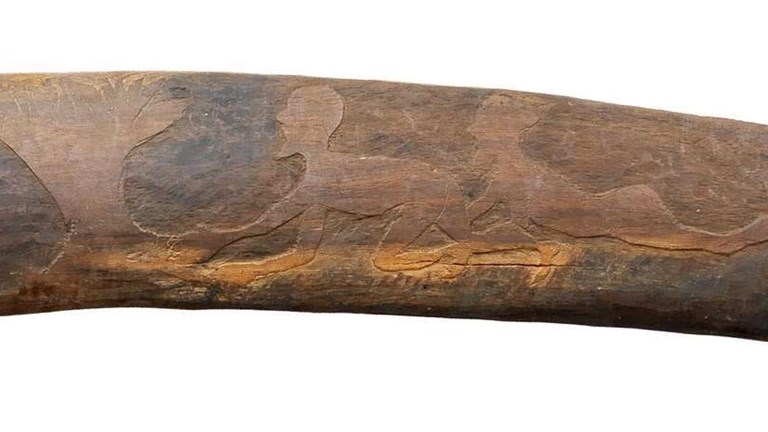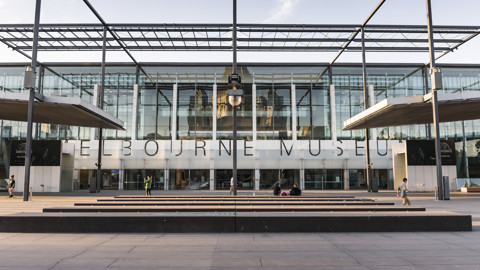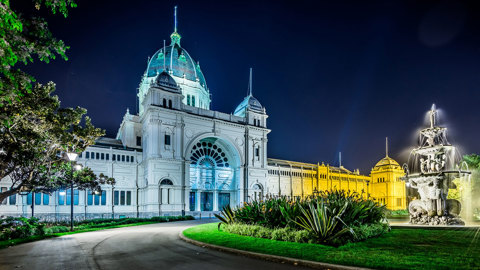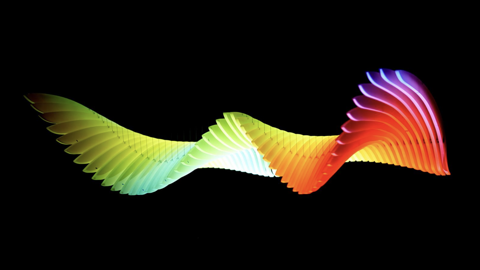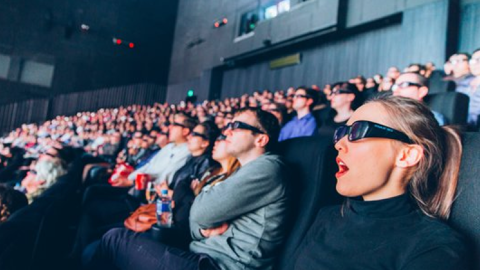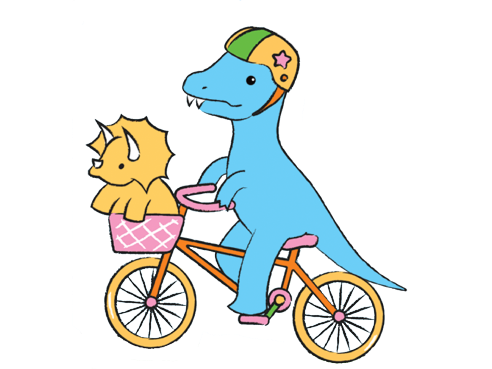A Wurundjeri First Peoples coming of age ceremony revived
On the lands of the Wurundjeri people, east of Melbourne, the Murrum Turrukuruk coming of age ceremony has been revived. The ceremony lay dormant for 180 years after the tradition was broken by European colonisation in the 1800s. Meet the Djirri Djirri Wurundjeri Women's Dance Group, who are reconnecting to their cultural heritage and bringing the younger generations with them.
Djirri Djirri Coming of Age Ceremony
Transcript
[Birds whistling]
We're up on beautiful Wurundjeri Country, up in the mountain ranges, and we're situated on Coranderrk bushland.
[Didgeridoo playing]
My name is Stacie. I'm a Wurundjeri, Dja Dja Wurrung, and Ngurai Illum Wurrung woman.
We have babies that are welcomed to Country and given their totems and possum pelts, and then we have the coming-of-age ceremony, which, once you come into your womanhood, you receive your possum skirt.
Through this ceremony, which wasn't practised for over 180 years, we instil those laws into the younger generations. So that's around caring for our waterways, honouring the six layers of Country, and always honouring your elders, so always respecting your elders and looking after each otherand the younger ones.
My name is Nanjera Pender. I'm Gunaikurnai and Wurundjeri. We are on part of Coranderrk, and it's special because this is where older Wurundjeri people were put on missions.William Barak was here, and he protected this space.All my older grandparents and cousins were on this Country before they all passed, and it's very special to be on the same country as them.
I've been dancing since I was around 5, and I finally got my belt last year. And I was pretty excited. Me and my cousin from Gippsland, we went through the ceremony together. When you go through the coming-of-age ceremony, you get your possum skin, and you usually put your totem on it, which is your spirit creator or your protection spirit.
Mine is the kingfisher. I notice that it changed how I was. I'm way more confident when I dance and I'm more respectful and more passionate with my culture. I was still a respectful girl, but I wasn't as staunch as I am now that I went through the ceremony.
So that's a big thing. The girls that become women are much stauncher when they dance, and just in general. Our cultures and traditions have fallen asleep when the disasters happened. But now they've been revived, and they're just going to keep going. We went through when we were older because it wasn't practised. So we've got babies who've been through, and that's how it should be.
My daughter, she was welcomed as a baby, and she'll come of age. And she won't remember, she'll know that it just took place when it was supposed to, and that's sort of picking up of time that we've lost.
Djirri Djirri Dance Group came together as a group that sings and dances, which is very important in culture. Ceremony, it's one thing, and then dancing and sharing our creation stories is something that we get to do through Djirri Djirri, and teaching the younger ones. So we have four-year-olds who can sing in Woi Wurrung language, and they're the only four-year-olds on the planet that can sing in Woi Wurrung language.
It's pretty phenomenal. There's a saying, you're living your ancestor's wildest dreams if you're thriving. So for me, I'm proud to be back here and waking these ceremonies up with Mandy and Auntie Di and Auntie Irene.
I'm sure they're here and they're feeling that happiness that we feel, and we're sharing it with more people now.
Everyone is Wominjekad (welcomed)!
[LAUGHTER]
